Analyses
International and Global Trends
Washington and Tehran: Negotiations Under the Hammer of Military Buildup
Regional Trends
Iraq Between Geopolitical Challenges and Strategic Opportunities
Regional Trends
The Syrian-Iraqi Border: Reshaping the Geopolitical Space of the Middle East
International and Global Trends
Real clear world: A former terrorist inside the white house
International and Global Trends
NYT: The President and A Former Terrorist Meet at the White House
Filter by:

A critical reading of the book "Destined War: Can America and China Escape Thucydides’s Trap? "
Author: Graham Allison | Original name of the book: Destined War: Can America and China Escape Thucydides' Trap | Publisher: Houghton Mifflin Harcourt, New York, 2017.
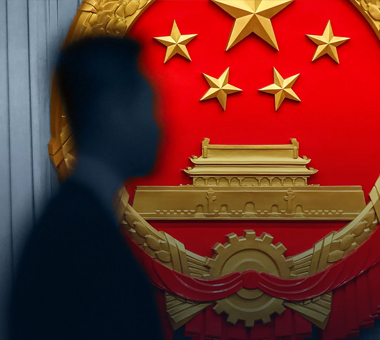
An In-depth Look at the Chinese President's Speech at the Twentieth Congress of the Communist Party
Policy Analysis | This article provides an interpretation of the Chinese President Xi Jinping's speech, by which he inaugurated the 20th National Congress of the Communist Party. The interpretation comes across four dimensions: domestic politics, the military, security, and foreign policy dimensions. The paper also discusses the hypothesis which says that the Congress is considered a partial turning point, after which Beijing will turn to domestic development, neutralizing its international dissonance with Washington as much as possible.
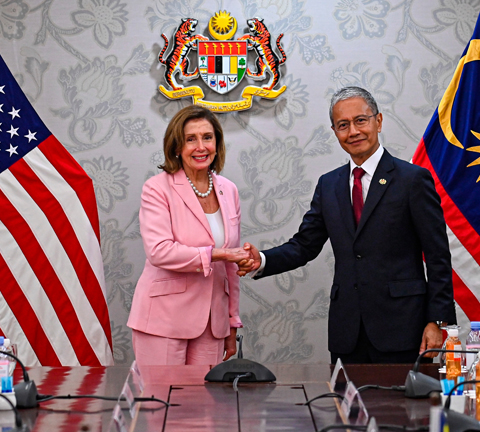
Is China’s Military Response to Pelosi's Visit Over?
Position Assessment | This paper addresses the potential possibilities of China’s military response to the visit of U.S. Speaker of the House of Representatives Nancy Pelosi to Taiwan. This assessment also examines the seriousness of Washington and Beijing’s statements toward the Taiwan and the role of economic relations in reducing tensions.
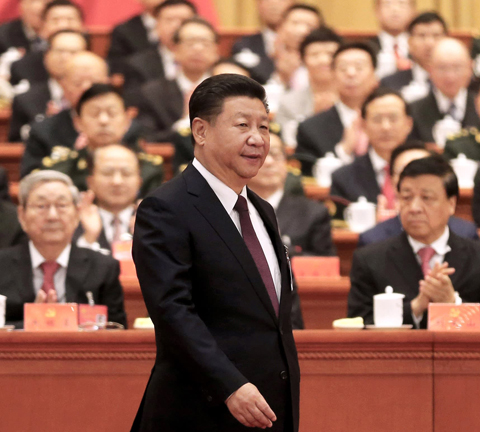
The Middle East from the perspective of Chinese national security
Policy Analysis| The paper sheds light on the Chinese national Security Law, in an attempt to determine the position of the Middle East in the calculations of this Law. The paper explains the differences this Law has comparing to its American counterpart of a geostrategic nature. The paper foresees the future of the Chinese presence, impacted by the international competition with Washington, the matter which necessarily requires examining the mechanisms of possible "clash" between China and the United States in the region, and the repercussions of such clash on regional security.
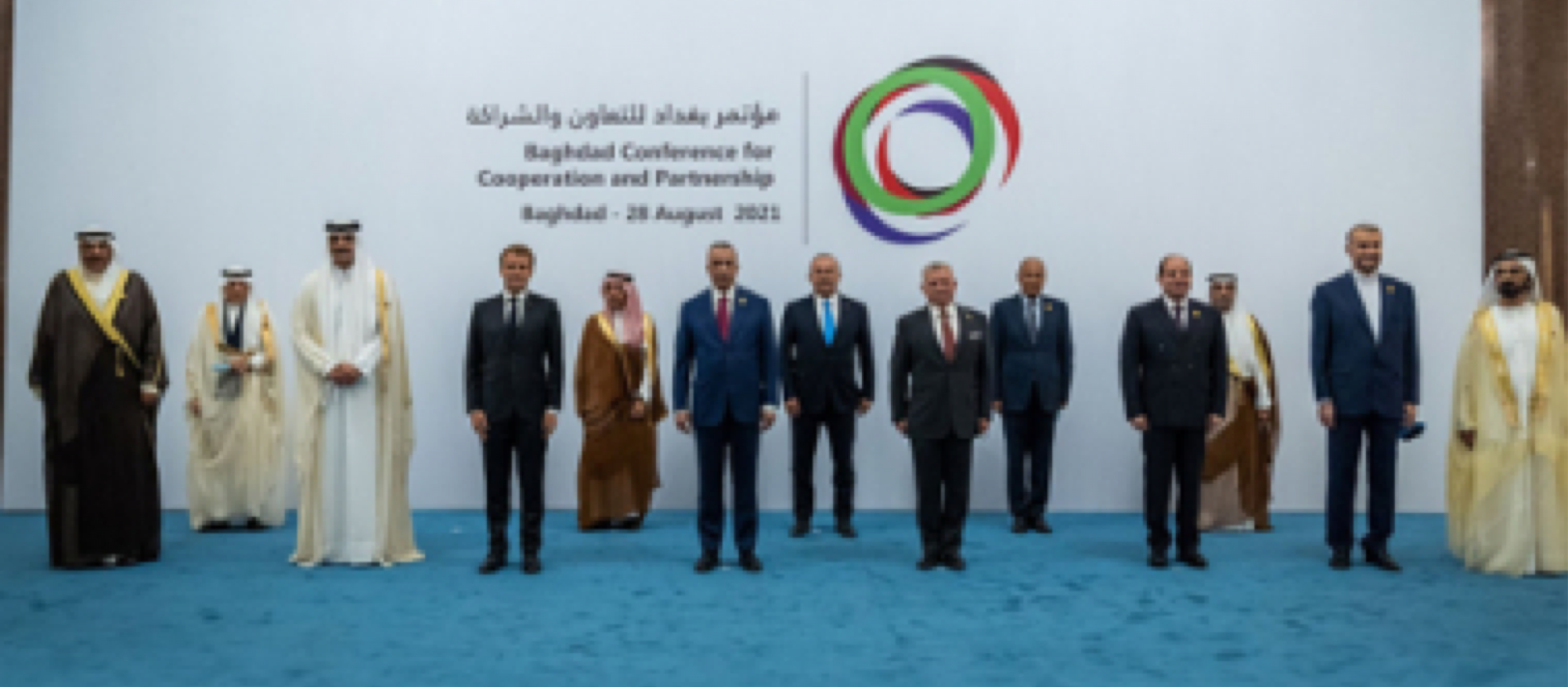
Advertising space title
Description of the advertising space. Upon the client’s initial approval of the design, this text will be removed.
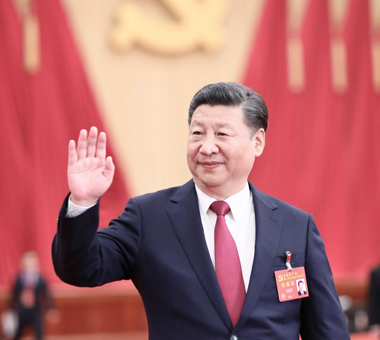
China’s Strategy in the Middle East from an Analytical Perspective
This analytical perspective addresses the ways and methods of Chinese engagement in the Middle East, building China's partnerships with various countries in that region. It also addresses the nature and future of China's presence in the region.
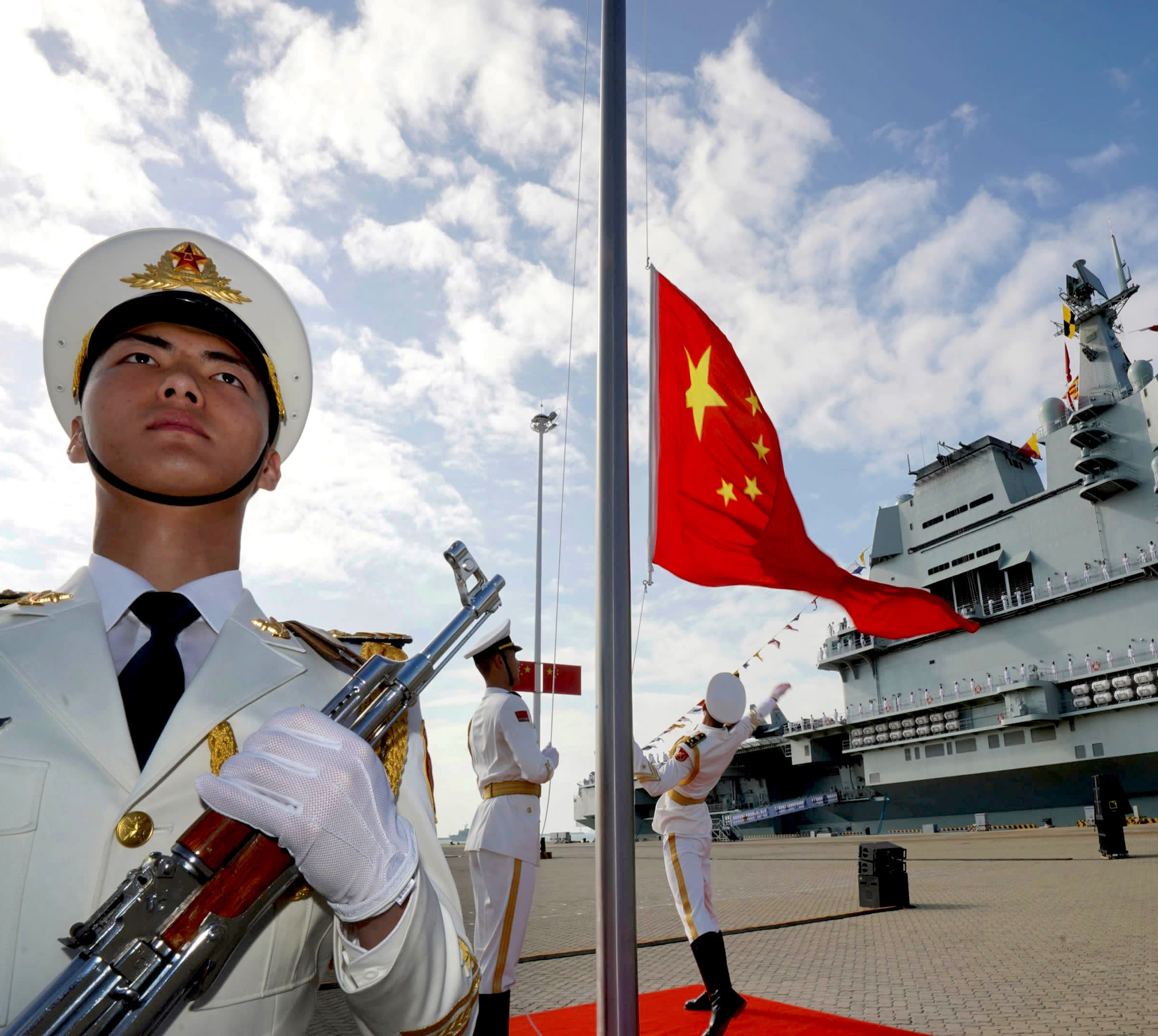
China's Geostrategy: A Broad Overview
In the midst of China's rapid rise as an influential global force in the course of international events and decisions, how does Beijing deal with vital territories that embrace a relative part of its interests? This article provides a brief comparison of China's dealing with southeast Asian and Middle Eastern regions, and shows how the circumstances surrounding China force it to order its geostrategic priorities.

Implications of Implementing the National Security Law for Hong Kong
What are the consequences for Beijing’s enactment of the Hong Kong National Security Law? Will this lead to an escalation of tensions in the U.S.-China relations? What are the implications of Hong Kong's loss of its relative independence over the South China Sea region, which is essentially a disputed region between China and other countries?
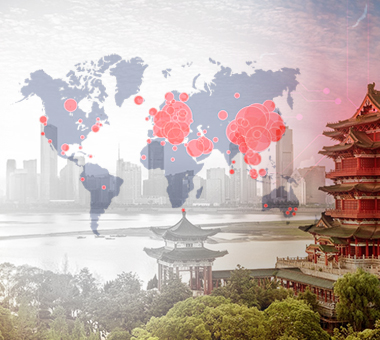
Will China Pay Trillions of Dollars for its Coronavirus Mistakes?
In light of the current Coronavirus crisis which countries are still suffering from its repercussions, the list of countries demanding China to pay for its Coronavirus mistakes is getting longer; claiming that China is responsible for the outbreak of the virus, presented disingenuous preventive means, or reported misleading numbers of its human losses. Will China prevail in the world - as some predict - in the post-Corona phase? Or will it lose its place as a superpower after this crisis?
